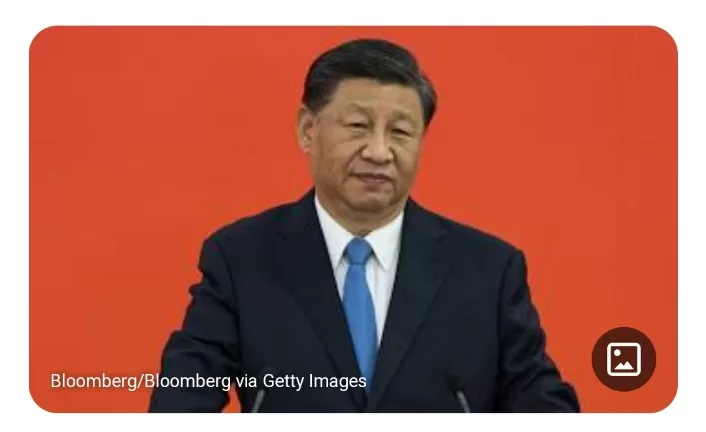In an era marked by evolving global dynamics, China’s President Xi Jinping has embarked on a significant shift in foreign policy, departing from the confrontational “wolf warrior” diplomacy that has defined Chinese foreign relations since 2017. While India prepares to host the G20 summit, Xi Jinping, a regular attendee since 2013, has opted not to participate.
Xi’s decision to recalibrate China’s foreign policy can be attributed to multiple factors, including pressing economic challenges at home and a desire to cultivate a new image for China as a global peacemaker. This marks a departure from the bellicose tone that characterized China’s interactions with the West and the United States in particular during the mid to late 2010s.
The pivot away from “wolf warrior” diplomacy became evident in the summer of 2023 when key figures associated with this approach were reassigned. Prominent “wolf warriors,” such as former foreign ministry spokesperson Zhao Lijian, found themselves in new roles, and some, like Qin Gang, were removed from their positions. Both Zhao and Qin were known for their fiery rhetoric during the Sino-American trade war.
However, this shift in diplomatic strategy runs deeper than mere personnel reassignments. It may also be linked to China’s efforts to address mounting domestic economic challenges, including record-high youth unemployment. Furthermore, China seems keen to foster international partnerships rather than antagonize the Western world as a whole.
A notable example of this softer approach was the warm reception given to UK Foreign Secretary James Cleverly during his visit to Beijing. Similarly, French President Emmanuel Macron’s visit to China in 2023 marked a shift from past interactions, reflecting China’s preference for dealing with individual nations rather than international blocs.
This change aligns with China’s broader effort to present itself as an international peacemaker, demonstrated by its mediation in conflicts such as those between Iran and Saudi Arabia, as well as its proposed peace plan for the war in Ukraine. These diplomatic endeavors have garnered some successes, evident in the Brics summit’s expansion this year.
While the rhetoric of the “wolf warrior” has diminished on both sides, it raises questions about the underlying goals of both China and the West. Despite the shift in tone, some of China’s core objectives remain, albeit in a different guise. For instance, China’s recent ban on Japanese seafood imports, framed around environmental and safety concerns related to the Fukushima Daiichi nuclear power plant, demonstrates a shift towards influencing Asian allies and extending China’s diplomatic reach without resorting to nationalist rhetoric.
In essence, while the era of “wolf warrior” diplomacy may have waned, the objectives it aimed to achieve endure in new forms, as China navigates the complexities of a changing world order.







